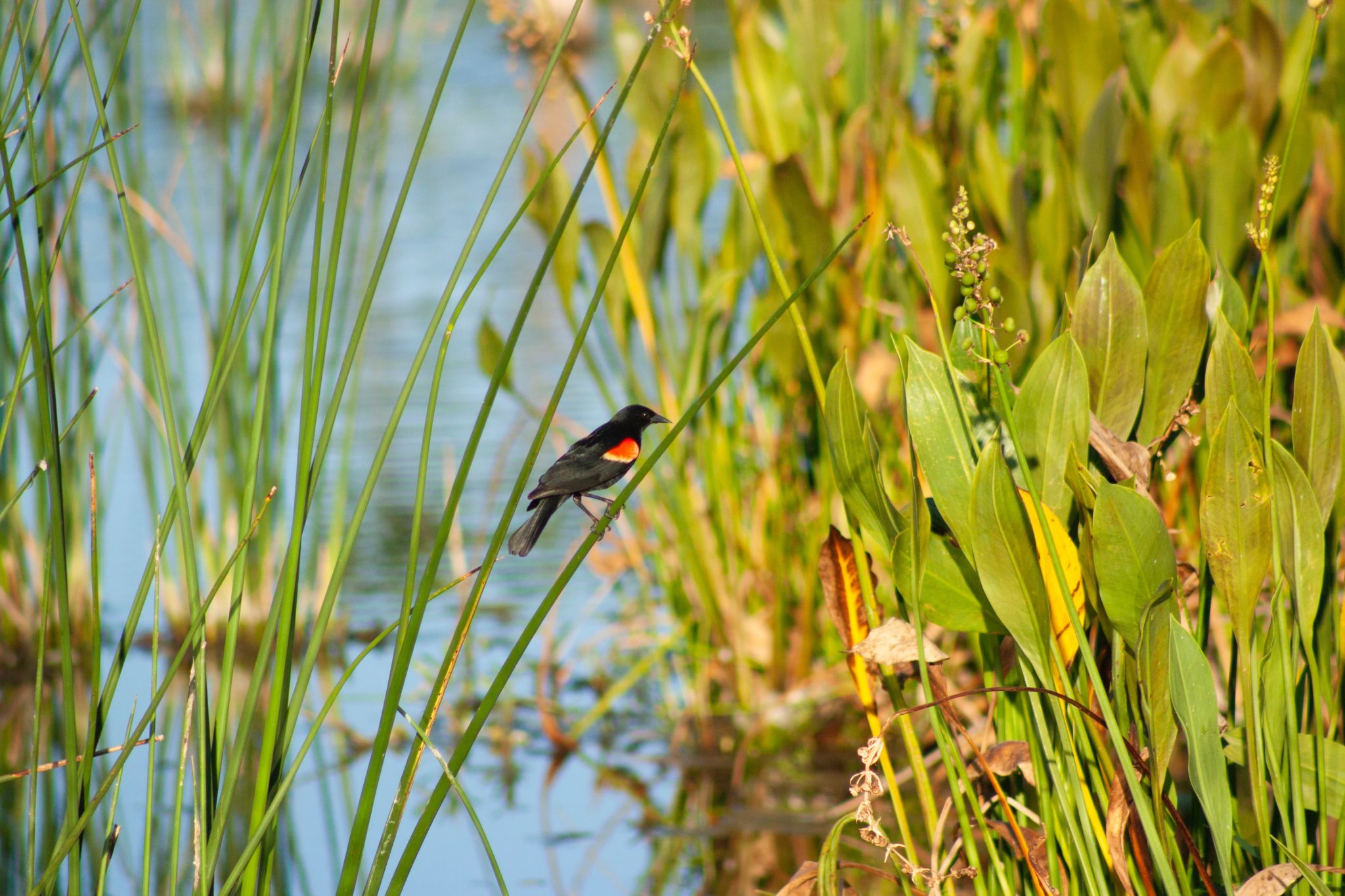
Momentum gained at COP26 must ensure the future of wetlands
As the UNFCCC climate conference ends, we have seen the profile of wetlands raised more than ever before, not only as the best carbon sink but as a resilience-builder against the droughts, storms and sea-level rise exacerbated by the runaway climate emergency.
The world’s wetlands store twice as much carbon as all the planet’s forests combined, but about 5% of global emissions currently is caused by peatlands alone when destroyed or drained. Fortunately, there is now an increasing recognition that wetlands are the ultimate nature-based solution (NBS).
What is missing is the follow-through of finance and political will towards wetland protection and restoration and a clear signal from governments that they embrace the gift that wetlands are to their NDC accounts.
Jane Madgwick, CEO of Wetlands International said:
“Bold claims made by leaders about protecting wetlands must be matched with the policies and finance to secure and restore them. A first-ever peatlands pavilion at COP26 indicates how far we’ve come in finally acknowledging the fragility and power of peatlands while providing a platform on which the private and public sector can work together to realise solutions towards the protection and restoration of, hectare-to-hectare, the best carbon sink, when compared to forests. We must respond by protecting and restoring wetlands from source to sea, including rivers and lakes, floodplains, marshes, peatlands, deltas and coastal ecosystems, like mangroves and saltmarshes, so we can move forward with limiting global warming to 1.5°C.”
In Glasgow, there was strong recognition of the need to enable nature to recover, alongside the reduction of fossil fuel emissions, in order to bring climate resilience. Some bold pledges were also made to reverse damaging use of forests and oceans and to scale up protection and restoration. We also saw that affordable, accessible and scalable nature-based – or ‘natural climate’ – solutions are ready to be deployed, with local communities and Indigenous People ready to use their expertise to protect their ancestral homes.
Yet while the climate talks happened, wetlands are quietly being lost, faster than any other ecosystem. If we are to reach the 1.5C target of the Paris Agreement we need to urgently safeguard and restore wetland carbon stores. To make that happen, both public and private finance must be mobilised at scale, with a credible Article 6 rulebook and voluntary action.
Responsible climate action should consist of curbing emissions at the source while offsetting residual emissions in a way which is fair and equitable for local communities and nature. To avoid greenwashing, environmental integrity needs to be ensured through increased guidance and scrutiny on net zero commitments as called for by the UN Secretary General.
The call we’ve seen in Glasgow and beyond of the value of wetlands and the need to protect and restore them is an opportunity to respond at scale globally; sharing knowledge, best-practices and resources, and enabling investments aligned with institutions and local communities who understand how to protect and restore these incredibly important and biodiverse areas, because they are our last, best natural defence against climate change.
Beyond nature-based solutions we need more scrutiny on how economic development continues to drive the destruction of water and wetland systems. “Currently nature-based solutions are too often seen as local nature projects to fix local issues – instead of working with nature as integral to development and climate action. What we need is whole system, whole landscape approaches” said Madgwick.
Wetlands International brought hard evidence to the COP26, based on decades of experience, partnerships and extensive scientific field work, that wetlands are a powerful and cost-effective solution to climate change. Wetlands International will continue to call on countries to include wetlands in their NDCs to reap the reward of a ‘triple-win’: reduced carbon emissions, avoided future emissions, and resilient, biodiverse land and water systems. All of this is needed as a basis for a healthy, prosperous society.
